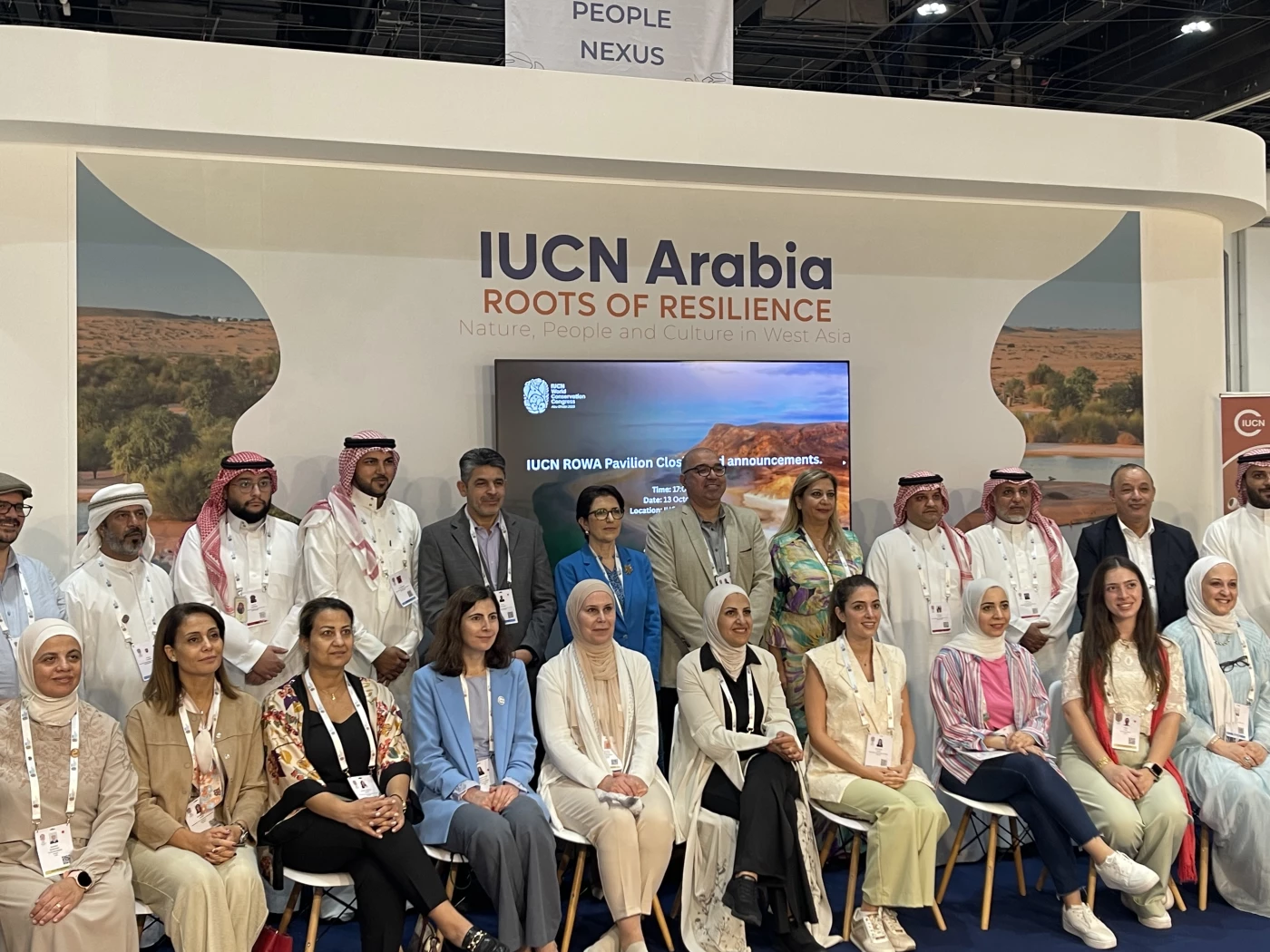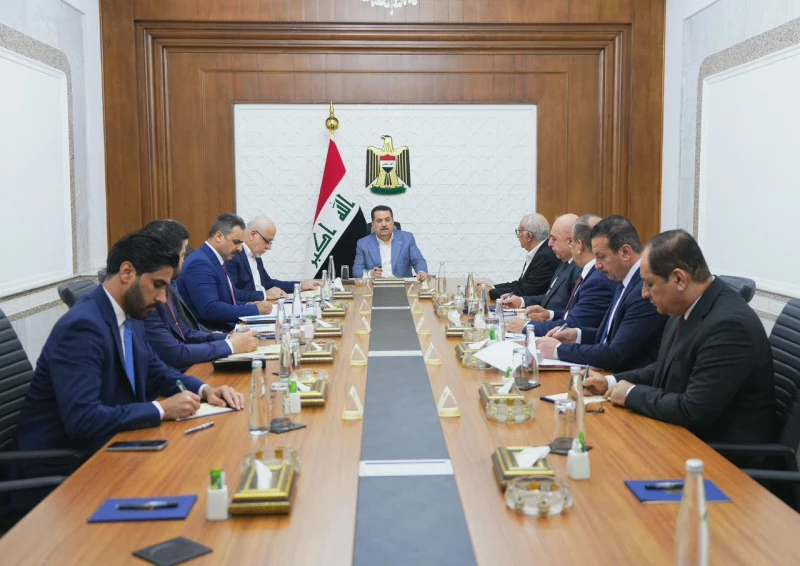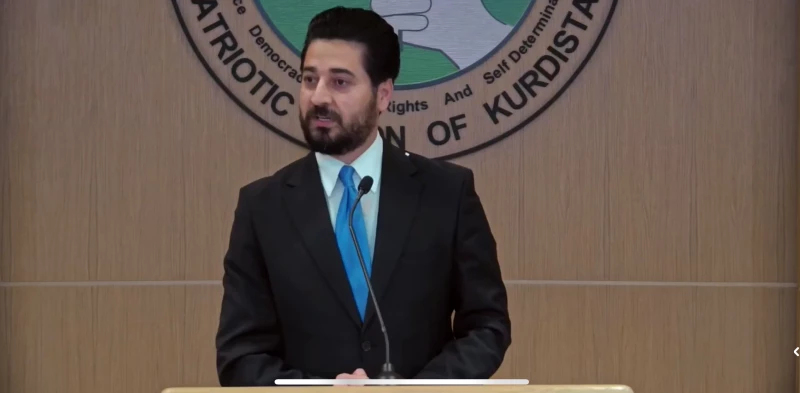ERBIL, Kurdistan Region of Iraq - The Kurdistan Regional Government (KRG) announced Tuesday that it has officially become a member of the International Union for Conservation of Nature (IUCN), in a move to strengthen environmental policy and legislation in line with international standards.
“Joining the IUCN is a milestone for the Kurdistan Regional Government. It reflects our government’s growing commitment to environmental stewardship, biodiversity protection, and the sustainable use of our natural resources,” said Bayan Sami Abdul Rahman, senior advisor to Prime Minister Masrour Barzani for foreign affairs and climate change.
Abdul Rahman is representing the KRG at the IUCN World Congress currently taking place in Abu Dhabi.
“We [the KRG] are determined to protect our mountains, rivers, and forests for future generations, and to contribute to the global effort against climate change,” she added.
The IUCN connects the KRG with over 1,400 signatories from more than 170 countries, including governments, NGOs, and research institutes, according to the KRG statement.
Through its membership, the Kurdistan Region can strengthen its environmental policy and legislation to be in line with international standards, collaborate with the network of global experts on biodiversity protection, water and land management, and reforestation. It can also promote ecotourism and green investment.
The United Nations considers Iraq one of the most vulnerable countries to climate change.
The Kurdistan Region is home to some of Iraq’s most important wildlife habitats and ecosystems. The mountain ranges are home to endangered animals such as the persian leopard and more than 2,000 plants with medicinal benefits. More than 350 bird species have also been recorded.
Researchers have identified several threats to the wildlife in the Kurdistan Region, including forest fires, landmines, poaching, and animal trafficking. These factors, they warn, could have led to a significant decline in the population size and distribution of many wild mammalian species, with some possibly already extinct.
Some tribes in the Kurdistan Region have banned hunting in their areas, for example in the Barzan area, which has led to wild animals such as mountain goats roaming the streets without fear.
“The KRG hopes to officially designate several protected areas, such as the tribally protected Barzan Nature Reserve, Halgurd–Sakran National Park, and Qaradagh Reserve, which together safeguard thousands of hectares of forest, wetland, and mountain habitats that are essential for both wildlife and local communities,” the statement read.
“These landscapes are not only ecological treasures but also sources of livelihood, culture, and identity for the people of Kurdistan. Joining the IUCN will help the KRG strengthen the protection of these areas and align conservation strategies with international standards,” it continued.
Founded in 1948, the IUCN is the world’s largest and most diverse environmental network. It provides knowledge, policy guidance, and partnerships to help societies conserve nature and ensure that development is both sustainable and equitable.



 Facebook
Facebook
 LinkedIn
LinkedIn
 Telegram
Telegram
 X
X


